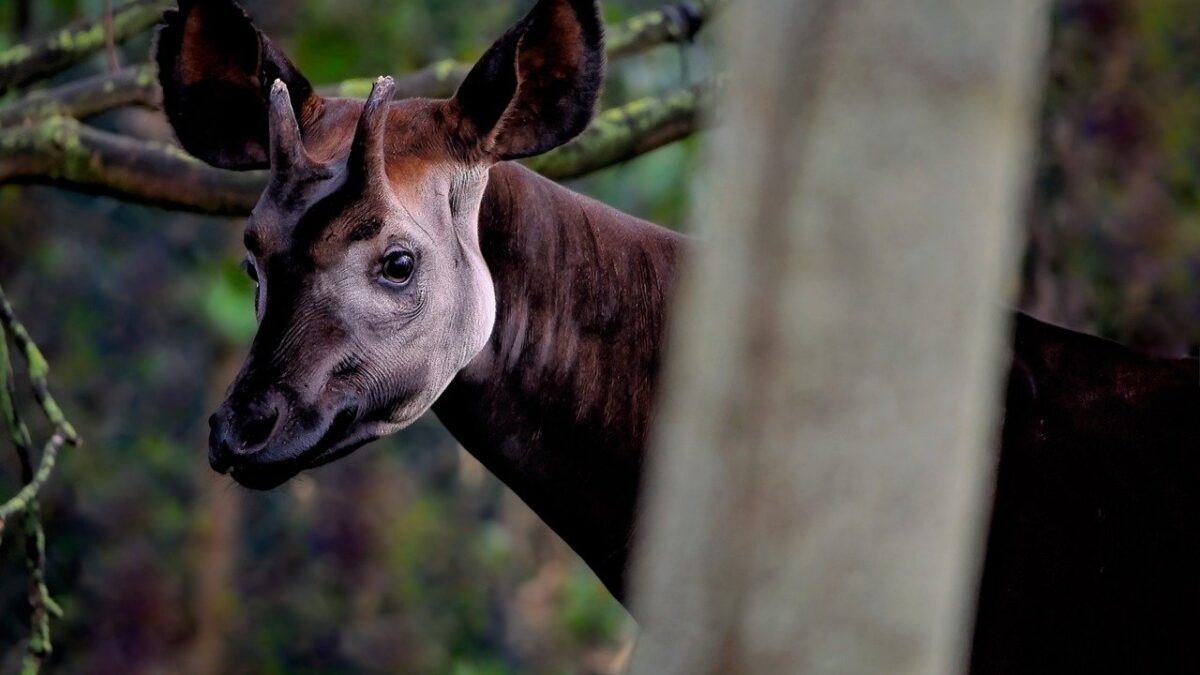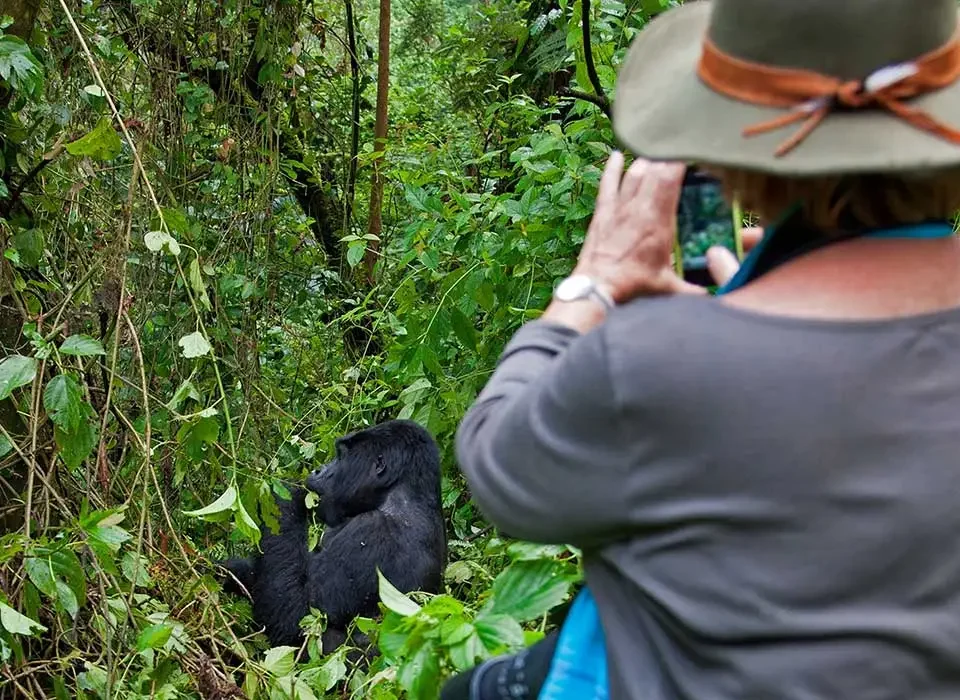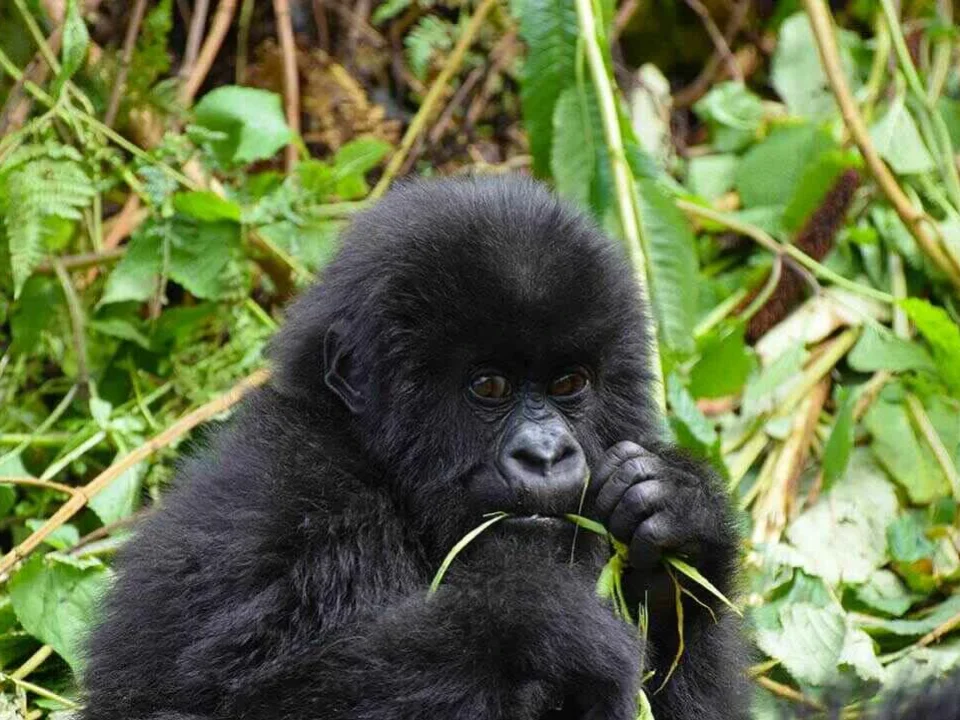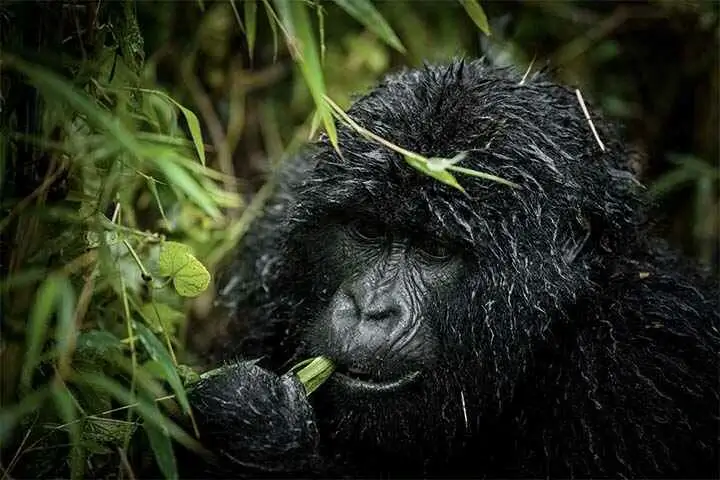
Family friendly adventures in Kahuzi-biega national park
December 5, 2024
How Safe Is It to Travel in the Democratic Republic of Congo?
December 9, 2024The Democratic Republic of Congo (DRC) is a country of immense beauty and diverse experiences, from its dense rainforests and majestic rivers to its endangered wildlife. To explore the wonders of the DRC, understanding its visa and travel permit requirements is crucial. This comprehensive guide provides detailed information on how to secure the necessary documents to make your journey smooth and enjoyable.
Types of visas for the DRC
Travelers to the DRC must obtain a visa unless they are nationals of select neighboring countries. The type of visa you require depends on the purpose of your visit, and each comes with its unique application process and requirements.
Tourist visa
The tourist visa is the most common type for travelers visiting the DRC for leisure, such as exploring national parks, trekking gorillas, or immersing in local culture. This visa is typically valid for 30 days, with an option for extensions. Applicants must provide a valid passport, a completed application form, a yellow fever vaccination certificate, passport-sized photos, and evidence of accommodation or travel bookings. The cost of this visa ranges from $50 to $200, depending on where you apply.
Business visa
For professionals traveling to the DRC for meetings, conferences, or temporary work engagements, a business visa is required. It is usually valid for 30 to 90 days. In addition to standard visa requirements, applicants must submit a letter of invitation from a Congolese business partner and proof of sufficient funds. The fee for a business visa is generally between $150 and $250.
Transit visa
A transit visa is suitable for travelers passing through the DRC en route to another destination. It is valid for one to seven days and requires proof of onward travel and entry permits for the next destination. Fees for transit visas typically range from $50 to $100.
Work and study visas
These visas are intended for expatriates and students planning extended stays in the DRC. Applicants must provide employment contracts, sponsorship letters, or admission documents, along with the standard visa requirements. Fees vary depending on the type of work or study involved.
How to apply for a visa
Online pre-application process
Many Congolese embassies and consulates now provide an online pre-application system for visas. Applicants must complete the application form, upload necessary documents, and pay the visa fee. This system expedites the process by allowing you to submit basic information before visiting the embassy.
In-person submission
After completing the online pre-application, applicants must visit a Congolese embassy or consulate to submit original documents, including a valid passport, photos, and proof of vaccination. It is advisable to schedule an appointment in advance to avoid long waiting times.
Processing time and recommendations
Visa applications typically take five to ten business days to process. To prevent delays, apply at least three weeks before your intended travel date. Ensure all documents are accurate and meet the specified requirements.
Travel permits for the DRC
The DRC requires specific travel permits for certain activities, particularly in its national parks and protected areas. These permits are vital for exploring the country’s rich biodiversity and engaging in unique experiences.
Gorilla trekking permits
A gorilla trekking permit is essential for those visiting the DRC to see the endangered gorillas in Kahuzi-Biega or Virunga National Parks. These permits cost between $400 and $500 per person and must be booked well in advance through licensed tour operators or park authorities. Availability is limited, so early planning is recommended.
National park Entry permits
Entry into national parks like Virunga and Garamba requires a park-specific permit. These permits typically cost $35 to $50 per day. Visitors can purchase them at park entrances or through official websites. Many organized tours include these permits in their packages.
Special activity permits
For unique experiences such as hiking Mount Nyiragongo, fishing, or boating on the Congo River, special permits are required. Fees vary depending on the activity and must be arranged with the relevant park or activity organizers.
Photography and filming permits
Professional photographers and filmmakers must obtain special authorization to capture the DRC’s stunning landscapes and wildlife. Permit fees depend on the scope and purpose of the project and must be applied for through the Congolese Ministry of Tourism or local park authorities.
Health and safety requirements
Travelers to the DRC must meet specific health and safety requirements to ensure a smooth entry and a safe stay. Proper documentation is essential.
Yellow fever vaccination
A valid yellow fever vaccination certificate is mandatory for all visitors entering the DRC. This requirement is strictly enforced at border points.
COVID-19 regulations
Although regulations may evolve, proof of COVID-19 vaccination or a recent negative PCR test may still be required. Check the latest guidelines before traveling to avoid any inconvenience.
Malaria prevention
As the DRC is a malaria-endemic country, travelers are advised to carry anti-malarial medication and use mosquito repellent to minimize risks. Travel insurance covering medical emergencies is also highly recommended.
Challenges and tips for travelers
Language barriers
French is the official language in the DRC, with Lingala commonly spoken in certain regions. English is not widely used, so learning basic French phrases or hiring a local guide can significantly enhance your experience.
Political stability
The DRC has regions of political unrest, especially in the eastern provinces. Stay updated on travel advisories and avoid conflict-prone areas. Traveling with reputable tour operators ensures safety.
Importance of travel insurance
Comprehensive travel insurance is a must for travelers to the DRC. It should cover medical emergencies, trip cancellations, and unexpected disruptions to ensure peace of mind during your journey.
Entry points to the DRC
Airports
The main entry points for international travelers are N’Djili International Airport in Kinshasa and Goma International Airport, which serves as a gateway to eastern DRC attractions such as Virunga National Park.
Land borders
The DRC shares borders with nine countries, and popular crossings include the Gisenyi-Goma border with Rwanda and the Bunagana border with Uganda. These points are particularly convenient for those traveling to national parks in eastern DRC.
Extending visas and obtaining exit permits
Visa extensions
If you wish to extend your stay, apply for a visa extension at the Directorate General of Migration (DGM) offices in major cities. Extensions are granted on a case-by-case basis and require proof of your reason for staying longer.
Exit permits for overstays
Travelers who overstay their visa must obtain an exit permit, which may involve fines and additional paperwork. It is advisable to strictly adhere to visa conditions to avoid complications.
Hiring travel experts
Navigating the DRC’s complex visa and permit system can be challenging. Travel agencies like Exclusive Gorilla Journeys can streamline the process by assisting with applications, securing permits, and providing up-to-date information on health and safety requirements.
Final thoughts
The Democratic Republic of Congo is a destination like no other, offering unique experiences and breathtaking landscapes. By understanding the country’s visa and travel permit requirements, you can ensure a hassle-free adventure. Plan ahead, follow the guidelines, and embark on an unforgettable journey into the heart of Africa.




